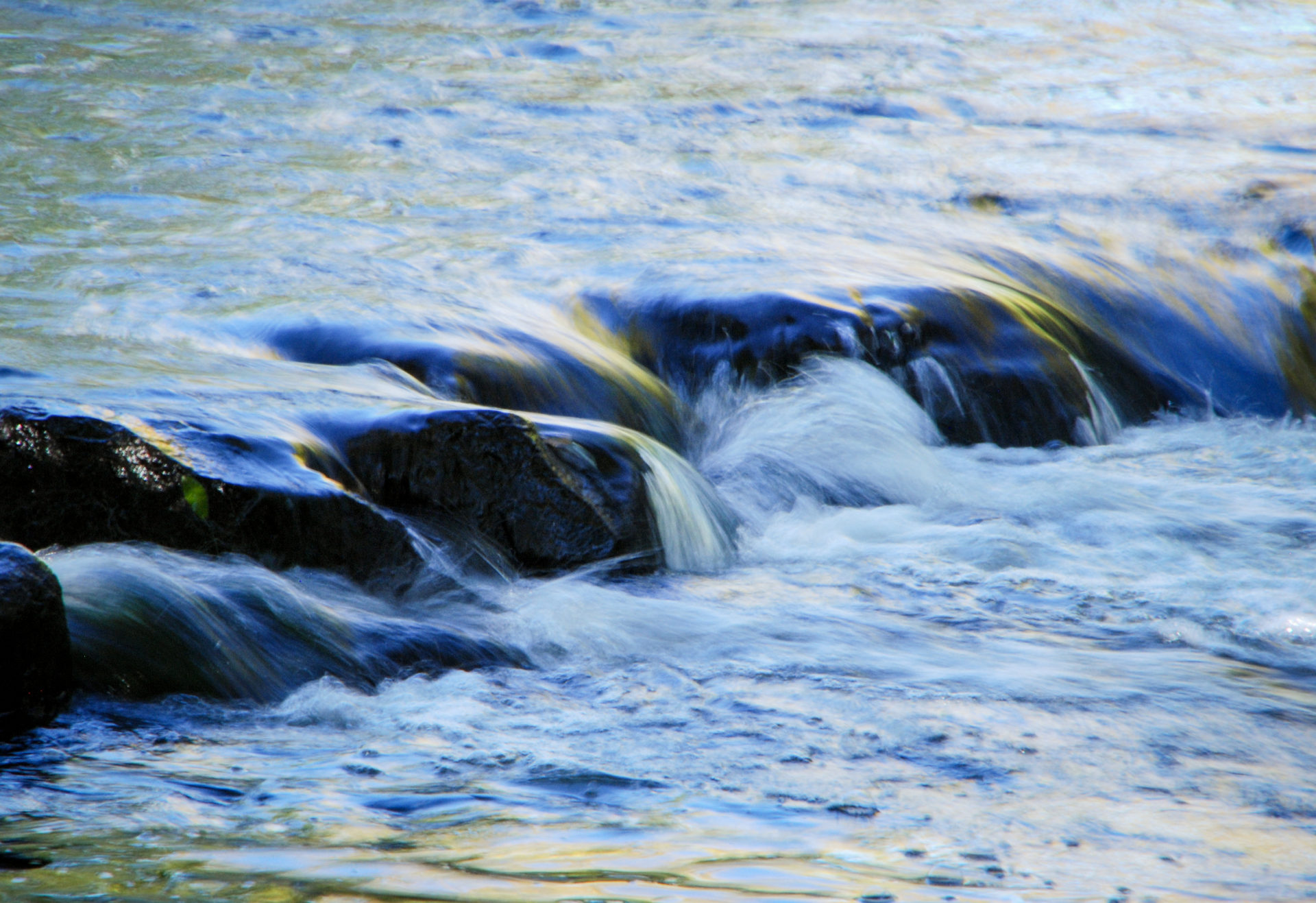water@leeds BHS Annual Webinar

- Date
- Wednesday 1 March 2023, 12.30
- Location
- Zoom
- BHS and water@leeds Annual Lecture
- Presentations from Molly Asher and Daniel Matthews
We are delighted to present the water@leeds BHS Pennines Annual Webinar 2023, our collaborative event with the British Hydrological Society.
In this annual event, the BHS highlights current hydrological research carried out by PGR students at the University. This year we highlight the work of researchers from the Schools of Earth and Environment and Civil Engineering.
The event is hosted by the BHS on Zoom on Wednesday 1 March, 12.30-1.30pm.
Register here on Eventbrite for zoom link.
Investigating the sensitivity of urban surface water flood modelling to the temporal structure of rainfall
Molly Asher, School of Civil Engineering
The FEH design storm assumes rainfall events to always be symmetrical, and with a singular peak in intensity; however, previous studies of observed UK extreme rainfall events suggests that loading of rainfall towards the start or end of events is in fact more common. In this study, the sensitivity of an urban catchment in the north of England is tested using fifteen realistic rainfall profiles derived from these observed extremes.
Impact of karstic flow on Chalk aquifer function and water quality
Daniel Matthews, School of Civil Engineering
Groundwater flow through networks of conduits and fissures in the Chalk aquifer can transport surface-derived contaminants from sinkholes to public water supply abstractions at velocities in exceedance of 200 metres per hour, severely limiting the impact of attenuation or dispersion. These karstic flow pathways, formed by dissolution of pre-existing structural or lithological features, are increasingly thought to play a significant role in chalk hydrogeology. My research uses groundwater tracing methods to characterise karstic flow in the Chalk and to understand its impact on aquifer function and water quality. Daniel is working with Affinity Water on his fieldwork which primarily involves conducting tracer tests to a selection of their public water supply abstractions in Hertfordshire using artificial dyes and bacteriophages as tracers.


